5 Fascinating Historical Sites to Discover in U.S. National Parks
America’s national parks are full of scenic beauty. Yet, many parks are also laced with history and can offer fascinating insights into the people who shaped the lands.
Videos by Outdoors
These five sites represent different chapters in America’s history. The National Park System (NPS) allows these historical marvels to stick around for future generations to admire, allowing us to connect with the human history of years gone by. Experiencing these sites firsthand can leave a lasting impact. Ready to add some of these to your national park bucket list?
1. Camp in an Abandoned Town—Big Bend National Park, Texas
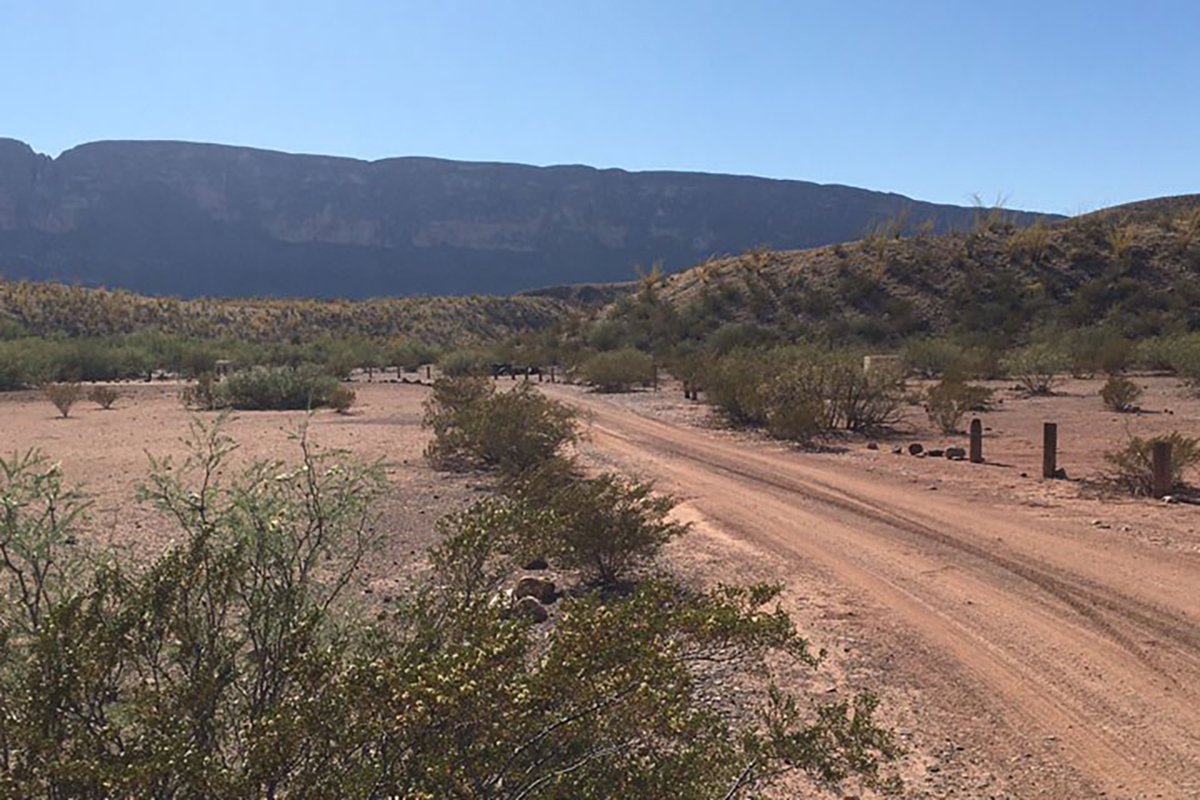
Big Bend National Park is larger than some small countries, so it’s no surprise that there are a few unusual discoveries within its borders. The Terlingua Abajo campsite is one of them. One of the several abandoned towns in Big Bend, it was formerly a mining town in the 1800s, home to around 300 workers. Today, you can see several forgotten ruins, including a cemetery and historic buildings, from times gone by. The campsite lies 20 miles (32 km) south of the current town of Terlingua and offers incredible views of the Santa Elena Canyon. The night sky is full of twinkling stars due to the lack of light pollution.
2. Visit a Castle From the 1920s—Death Valley National Park, California
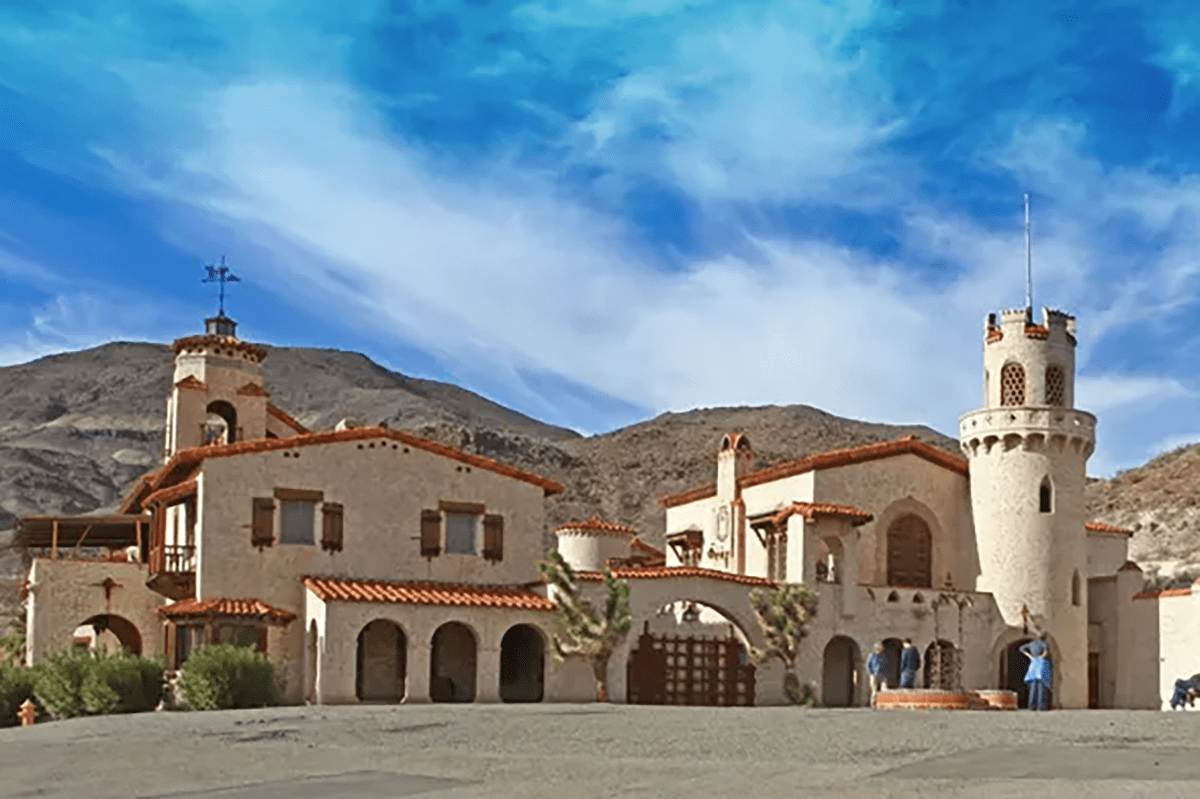
It’s hard to believe that Death Valley National Park, the desert landscape famous for its extreme weather, has its own Spanish-style castle. Built in the 1920s, Scotty’s Castle or the “Death Valley Ranch” is hidden in the Grapevine Canyon and is an unusual sight to see in the middle of the hot desert. It was once a residence for influential figures of the 1920s and 1930s. It is named after a gold dealer named Walter Scott or “Death Valley Scotty,” although it was never actually owned by him. Architecturally speaking, it is a villa, not a castle, but it’s still an interesting place to visit. Today, you can take guided tours of the property and its gardens.
3. Explore Inside an 18th-Century Tavern—Minute Man National Historical Park, Massachusetts
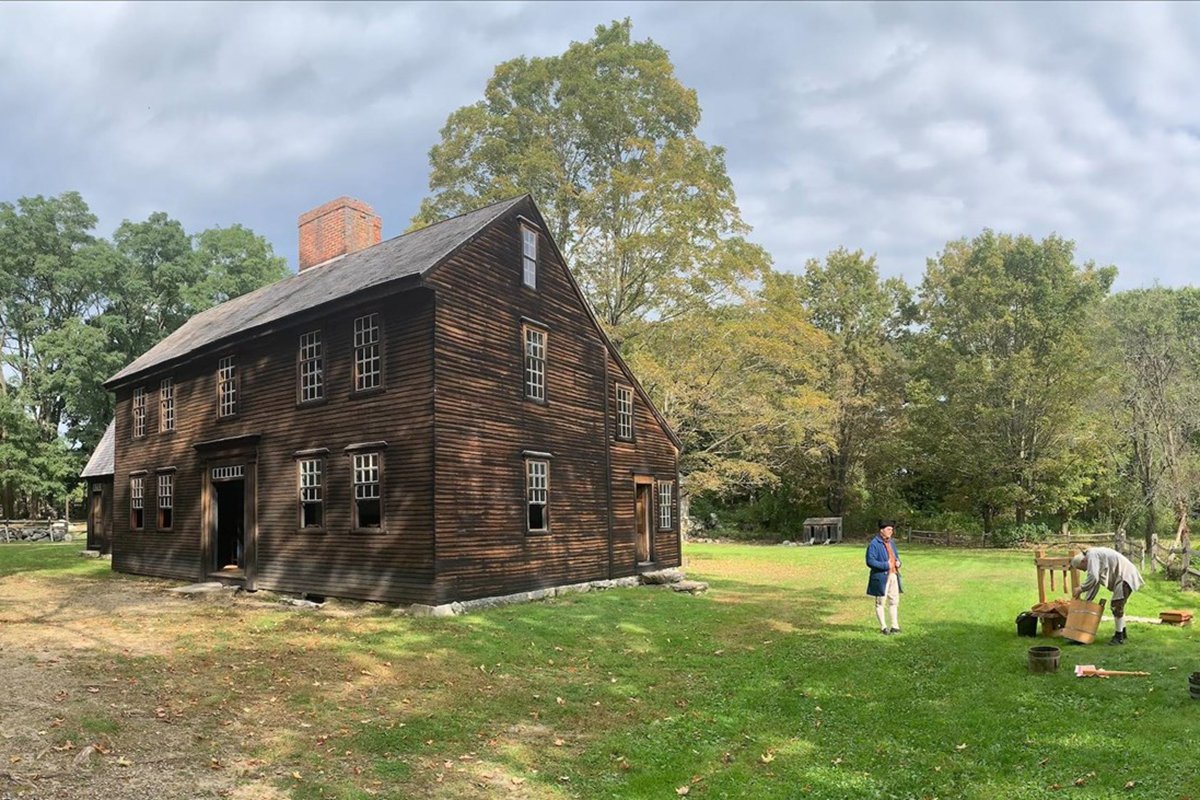
Hartwell Tavern is a restored colonial inn located along the Battle Road in Minute Man National Historical Park. This area was the first battleground during the American Revolutionary War and the tavern served as a refuge for soldiers. The park is named after the volunteer American militia, “The Minute Men,” who bravely fought in the war. During the visitor season, you can go inside the tavern and relive the experiences of the people who gathered and drank there in the 1770s with interpreters bringing history to life.
4. Hike Through Thousands of Years of History—Canyonlands National Park, Utah
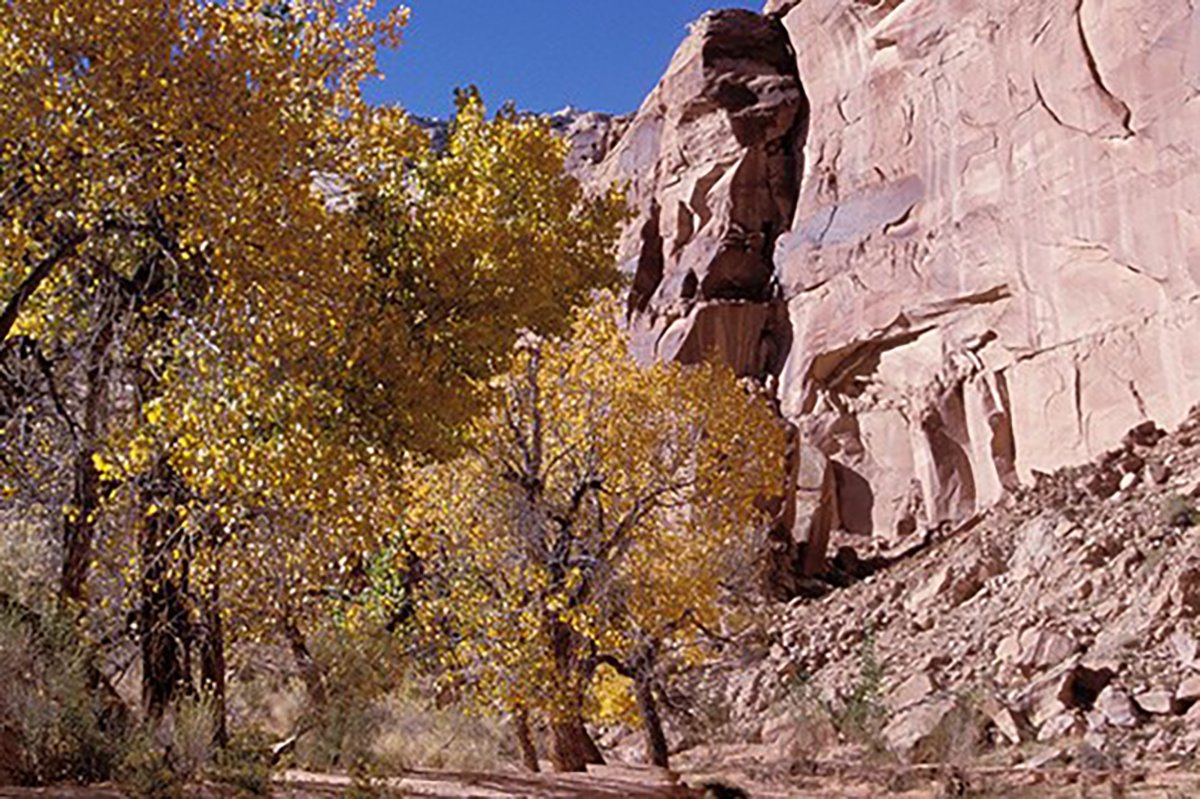
Canyonlands National Park is home to thousands of years of human history. The Horseshoe Canyon has some of the best-preserved rock art in North America. One of the most famous examples is The Great Gallery, which includes pictographs, life-size figures, and murals dating back to ancient times. In more recent history, this area was also a hiding place for outlaws, such as Butch Cassidy. There is a 7-mile (11.2 km) circular hiking trail that leads to The Great Gallery.
5. Gain Insight into Evolving Cultures—San Antonio Missions National Historical Park, Texas
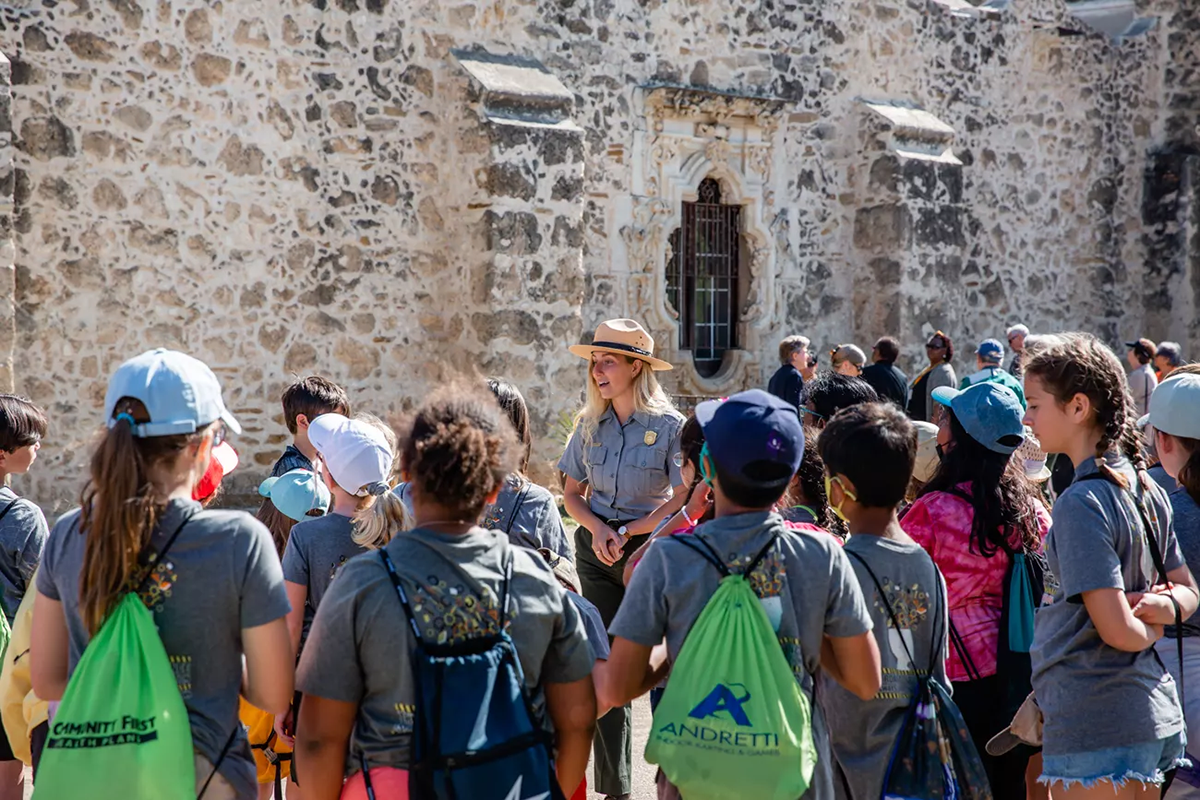
The only UNESCO World Heritage Site in Texas offers a rare glimpse into the state’s history. There are four San Antonio Missions to discover within the park, and a fifth, the Alamo, is in downtown San Antonio. All five missions are open to the public, and the four within the park are active parish churches. Funded by the Spanish colonial government, these missions were built in the 18th century with a goal of converting local people to Catholicism. The missions served as religious and educational centers at the time. The missionaries left in 1824, but the site has been preserved by the NPS, and today you can admire the architecture and influences of Mexican, Native American, and Spanish cultures in this part of Texas.
Source: https://outdoors.com/fascinating-historical-sites-in-national-parks/







